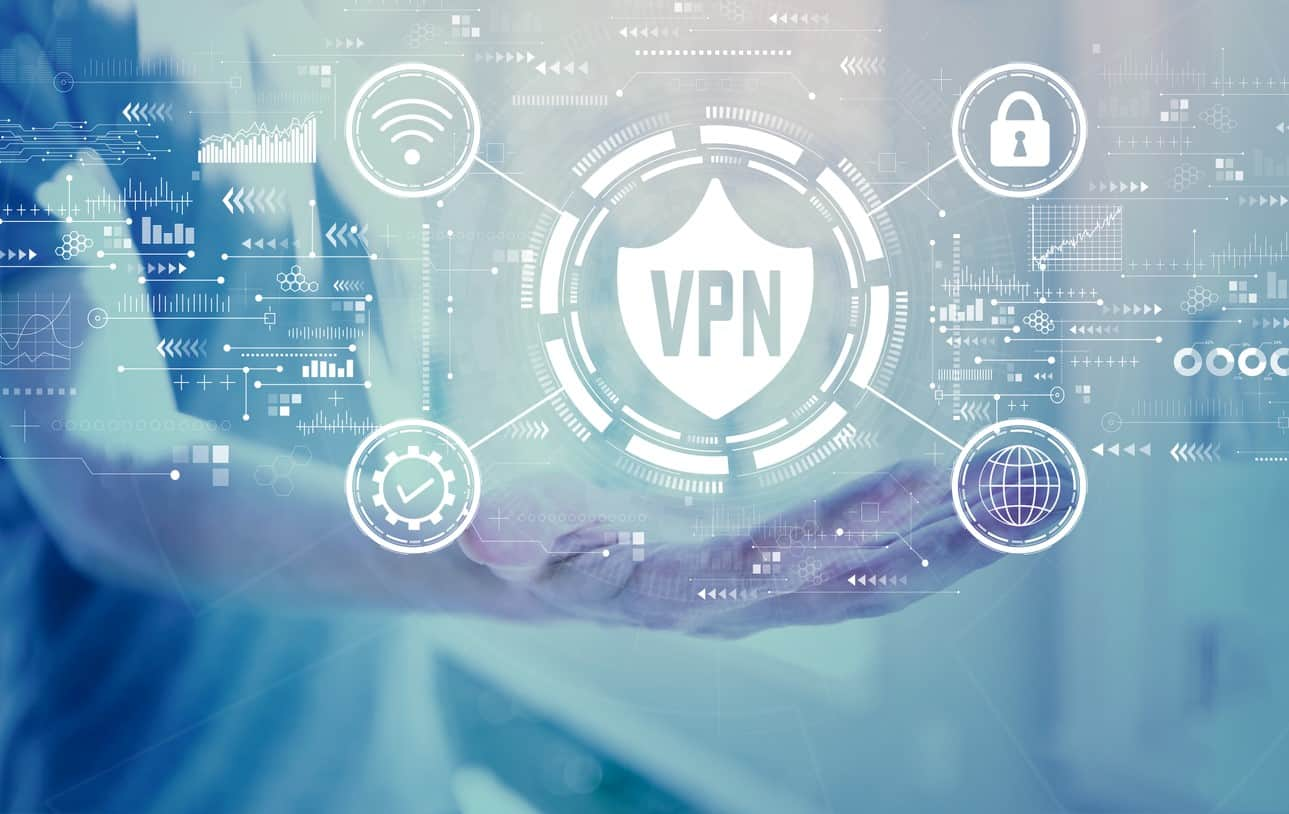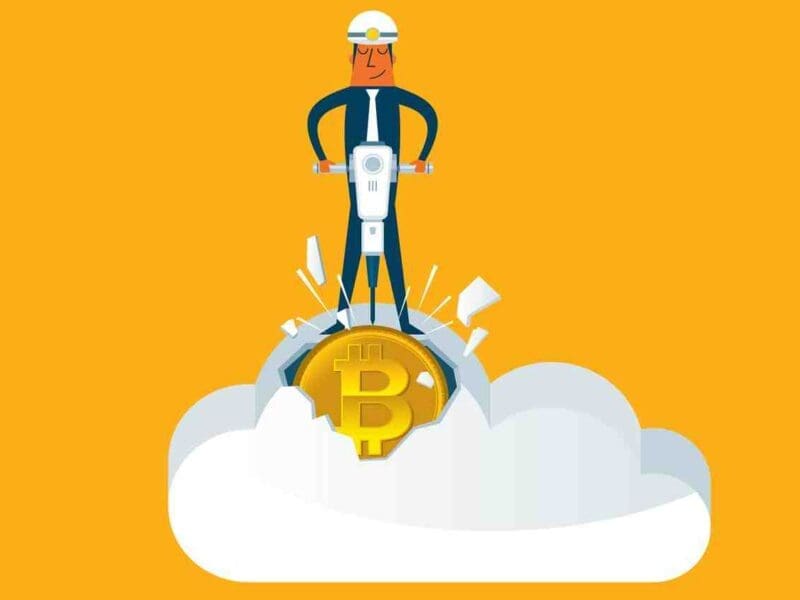
Why VPN Consume More Data
You might be aware that VPNs are becoming popular as a way to protect the user’s privacy and security. However many users are amazed to find that using VPN, can result in more data usage. This is a major concern for those who have limited data plans and the monthly plans are exceeding. So here we will explain and explore the reasons why VPN consume more data and how to solve VPNs data usage consumption.
What Are The Reasons VPN Consume More Data?
There are multiple reasons why VPNs increase using cellular data usage from the user’s device. Here we have mentioned several reasons why VPN consume more data.
- Encryption and Decryption – Encryption & decryption of the data passed by VPN is the reason why more data is consumed by VPN software. As the data has to be processed by the VPN software before it is sent to the user.
- Slow Loading – Some websites take time and load more slowly while using a VPN. Hence the user refreshes or reloads the content multiple times. So slow loading is also the reason for increased data usage while using VPN software.
- Additional Data Transmission – Some VPNs use “keep-alive” packets to maintain the VPN connection, which can result in additional data usage even when the user is not using the internet.
- Streaming and Downloading – Streaming video or downloading large files can too be the reason to consume more data than browsing text-based websites.
- Inefficient VPN Protocols – If you are using a VPN protocol that uses AES-256 encryption will consume more data than using a VPN protocol that uses AES-128 encryption.
So these are the possible reasons why VPN consumes more cellular data networks. Remember with the right settings and configurations, the data consumption of VPN can be optimized and kept to a minimum limit.
Should You Use A VPN On Cellular Data?
Yes, you should use VPN on a cellular network as there is no harm, and it is fully safe. Data network is important as well as essential to access VPN (Virtual Private Network).
Although if you are using wifi connection to access VPN that will be much better because wifi networks have stability. In addition to that reference if you’re looking for a VPN service that offers good security and doesn’t consume too much data check out IPVanish coupons. It is one of the well-known VPN service providers in the market offering different plans and features that can fit the various needs of the users.
How To Minimize VPN Data Usage?
To Reduce VPN data usage there are various ways, we have mentioned below for your better understanding.
- Select the right VPN protocol each virtual private network has its own strength & weaknesses. Hence understand and choose the VPN that has better efficiency.
- To minimize data cellular turning off VPN is a good way to decrease the consumption of data. If you are using it to unblock foreign content it makes sense, but turn VPN off when you are not utilizing it.
- Use VPN split tunneling to specify the applications and services that you want to run through a VPN connection.
- Try the compression method to minimize the data usage amount. If you use a zipping method it will eventually lower the VPN data consumption.
Why Do VPNs Use So Much Data?
VPNs consume a lot of data because they encrypt and decrypt internet traffic for the data to go through. This process of encryption and decryption increases the amount of data that is sent and received by a device.
One more reason is if the VPN server location is far away from the user, the data has to travel a longer distance, which also contributes to increased data usage while using VPN.
Does Using A VPN Consume More Data?
Yes, VPN consume more data by 4-20% if you use them on your mobile network.
Which VPN App Consumes Less Data?
OpenVPN app consumes less data as it is an open-source VPN protocol that is considered to be more secure and efficient than some other options, such as PPTP.
How Much GB Does VPN Use?
On average VPN uses a few megabytes to gigabytes of data per hour of usage depending upon the user’s capability.







